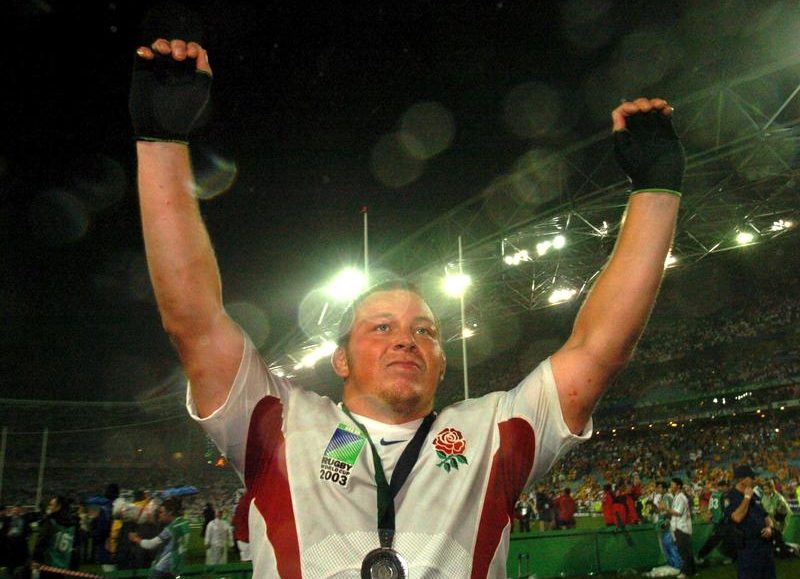
Rugby faces a dementia “epidemic” among retired professionals without serious reform of the game, the lawyer leading an action against the sport’s authorities has warned.
Richard Boardman, who is representing an initial group of seven players including 2003 England World Cup winner Steve Thompson, says doing nothing is not an option.
Thompson, 42, has been diagnosed with early onset dementia and says he has no recollection of his part in England’s glorious campaign in Australia 17 years ago.
Boardman says that, regardless of the outcome of the planned legal action against World Rugby, the Rugby Football Union and the Welsh Rugby Union, immediate reform is required to prevent more players suffering like Thompson.
He said: “We believe up to 50 per cent of former professional rugby players could end up with neurological complications in retirement.
“That’s an epidemic, and whether you believe the governing bodies and World Rugby are liable or not, something has to be done to improve the game going forward.
“We can’t do trial by media, so now we’ve announced the litigation we’ve got to take a step back.
“But immediate changes need to be made to the game to protect the current generation and future players.
“The collisions are just as big now, the speed of the game, the workload, and there’s nothing to suggest what’s happened to Steve and Alix (Popham) and Michael (Lipman) won’t happen to current and future generations.”
Like Thompson, former Wales No.8 Popham and ex-England international Lipman are in their early 40s and suffering from early onset dementia and probable chronic traumatic encephalopathy (CTE).
Boardman said the initial group could increase to 10 or 11 former players in total later this week or early next week, and that he is working with a group of 110 ex-players overall, ranging in age from their 20s to their 50s.
The NFL reached a settlement worth over half a billion pounds with players who had suffered brain injuries and, while Boardman could not put precise figures on it, he said that in cases of early onset dementia, the care costs were considerable.
“We’ve got a lot of guys in their early 40s, and by the time they get into their 50s a lot of them will be unable to work and will require a lot of healthcare,” he said.
“So the quantum for such claims will be considerable, certainly in the seven figures.”




